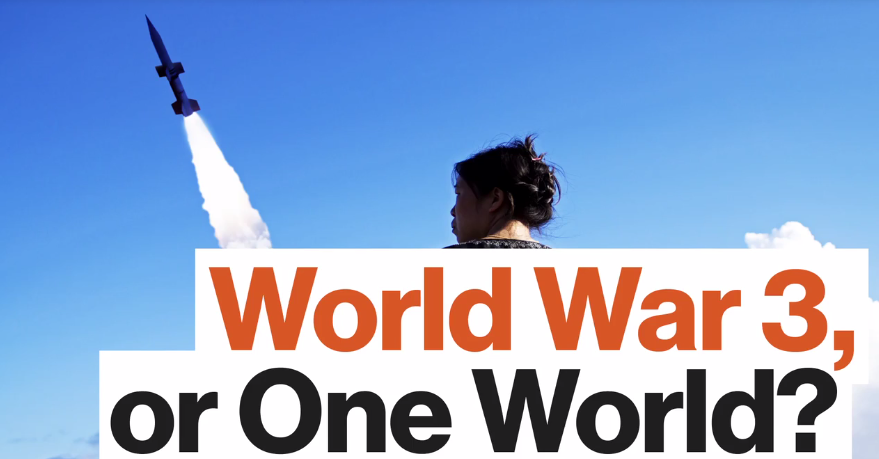Big Think: Three Reasons World War III Is Not Going to Happen Anytime Soon
BigThink |

Nine wars have been predicted to erupt since the early 1990s, and all have failed to materialize. They have neither become the regional-scale conflicts predicted by international affairs experts, nor have any resulted in the much-fabled World War III. And conflicts which have occured, from the civil war in South Sudan to America's occupations of Iraq and Afghanistan, were predicted by no one.
As a whole, says Parag Khanna, the world has become a more peaceful place, but not for the reason typically given: trade. Plenty of nations that have traded with each other have gone to war. European nations, for example, consistently traded goods for generations for becoming the wellspring of two major armed conflicts. Today, says Khanna, there are additional reasons we don't go to war.
Financial interdependence is one. More than ever before, countries hold one another's debt in the form of currency reserves, all backed by the American dollar. Acting aggressively has become too financially risky for even the wealthiest countries. Another deterrent against war is "supply chain integration," i.e. the companies of one country making goods in another. Were a (trade) war to break out between the US and China, for example, a corporation like Walmart would have more to lose than the American economy could accept.
Countries that lack trade ties, financial interdependence, and supply chain integration — places like South Sudan and Afghanistan — have become ripe for war in the new millennia. There is perhaps no greater argument for continued economic progress than the protection of marginalized populations in all corners of the globe.